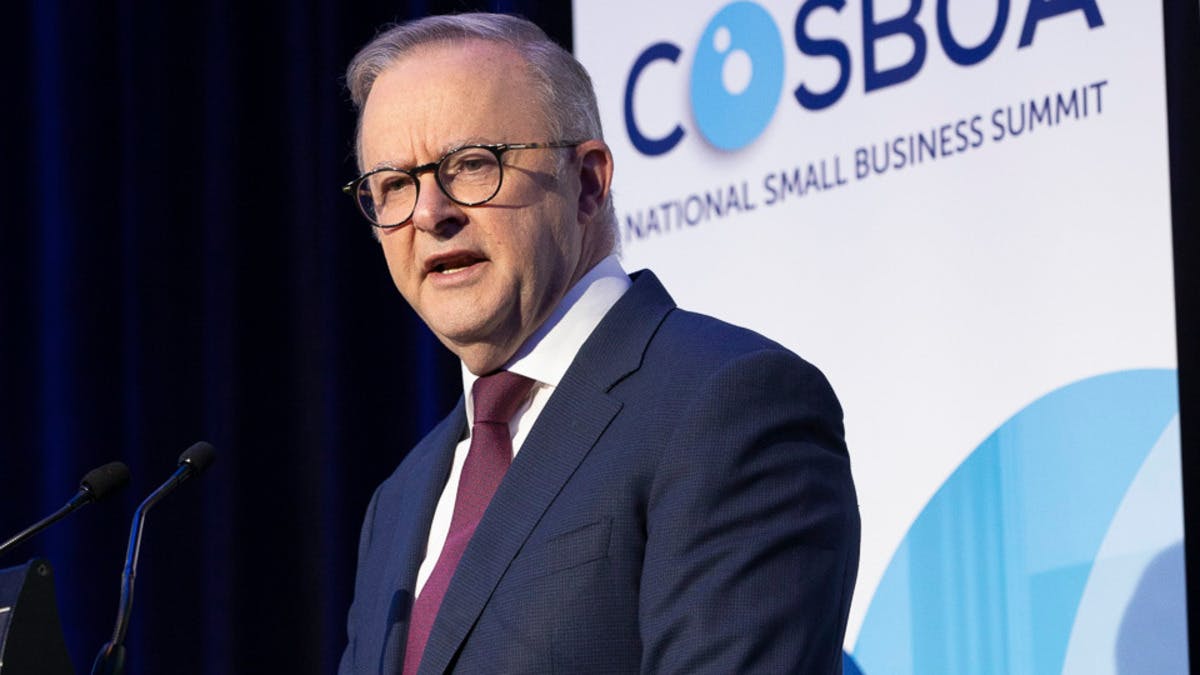In an upbeat start to the second day of the Council of Small Business Organisations of Australia (COSBOA) National Summit 2024, the Prime Minister of Australia, Anthony Albanese, signalled the May budget would provide further relief for small businesses crippled by escalating energy bills.
Mr Albanese acknowledged the ongoing strain energy prices are placing on business owners, saying: “Helping Australian families and small family businesses with their energy bills was a key priority in last year’s budget. It helped people under pressure – and it helped fight inflation.
“And as we put together next month’s Budget, small business and families will again be front and centre in our thinking.”
Mr Albanese said that the Energy Bill Relief package he negotiated with the States and Territories delivered up to $650 in savings for approximately one million small businesses and five million families.
The Prime Minister also identified the Small Business Energy Incentive as one way the Government has eased financial pressures on small businesses caused by rising energy bills. He described this as “A new tax deduction to help any business with a turnover of under $50 million invest in energy efficiency and storage, such as upgrading to more efficient appliances or installing batteries and heat pumps.”
Small business goes solar
With one in three small businesses having rooftop solar and nearly one in five having a battery storage system, Mr Albanese applauded small business for leading the nation in embracing solar power.
“That speaks to a sense of environmental responsibility, but also a practical, commercial reality,” he said. “Solar power is a smart investment that delivers an important return to businesses on tight margins.
“One in three small businesses with solar is a great start, and I’m confident that with the right investments and support and the continuing advances in technology, that number will continue to rise.”
Training remains a key federal priority
In its first 100 days, the Albanese Government brought together the States and Territories to launch a national training blitz.
“For 2023, we set a target of 180,000 fee-free TAFE places in areas of national priority and in fields essential to small business, like information technology and book-keeping.
“By the end of 2023, over 355,000 Australians had enrolled in one of those fee-free courses.”
Mr Albanese said many business owners were upskilling through courses such as the Australian Small Business Advisory Services’ Digital Solutions program, which offers free courses in website development and digital technology for business owners.
Cybersecurity remains a significant threat
Protecting commercially sensitive information, intellectual property, and customer information is an ongoing challenge for small businesses.
Highlighting two federal initiatives that address cybersecurity, Mr Albanese said, “That’s where I welcome the leadership COSBOA has shown and the partnership we’ve been able to build with the new Cyber Wardens Program, aiming to train 50,000 cyber wardens in 15,000 businesses over the next three years.
“This will work alongside the Government’s Small Business Cyber Resilience service and the Cyber Health Check program, which will help small businesses build their cyber capabilities and bounce back from cyber incidents.
“Cyber security requires a comprehensive framework, shaped by the advice and experience of people on the frontline.”
Industrial relations reform remains a fraught issue for the small business sector
While the Government has received criticism from small business advocates for recent industrial relations reforms such as the Closing Loopholes Act, Mr Albanese said it has sought to bring a constructive and balanced approach to industrial relations reforms. He pointed to changes such as simplifying the Better-Off-Overall-Test, giving small business the option of bargaining, through the Single Interest Bargaining Stream.
Determining the employment status of individuals has been a continual headache for business owners trying to comply with the legislation.
Mr Albanese said the Government is committed to, “Legislating a clear definition of a casual employee – and providing an extended service period of 12 months for employees of small businesses to elect to change from casual to permanent. And creating a fairer test for small businesses to determine if a person is an independent contractor or an employee.”
Breakout quote. “Every advanced economy is grappling with the challenges of global inflation, the long tail of the pandemic, the uncertainty of conflict, and the transformative impact of new technologies. For Australia to compete and succeed in this environment, we need to show the dynamism and drive of small business.”
Keep up to date with our stories on LinkedIn, Twitter, Facebook and Instagram.

